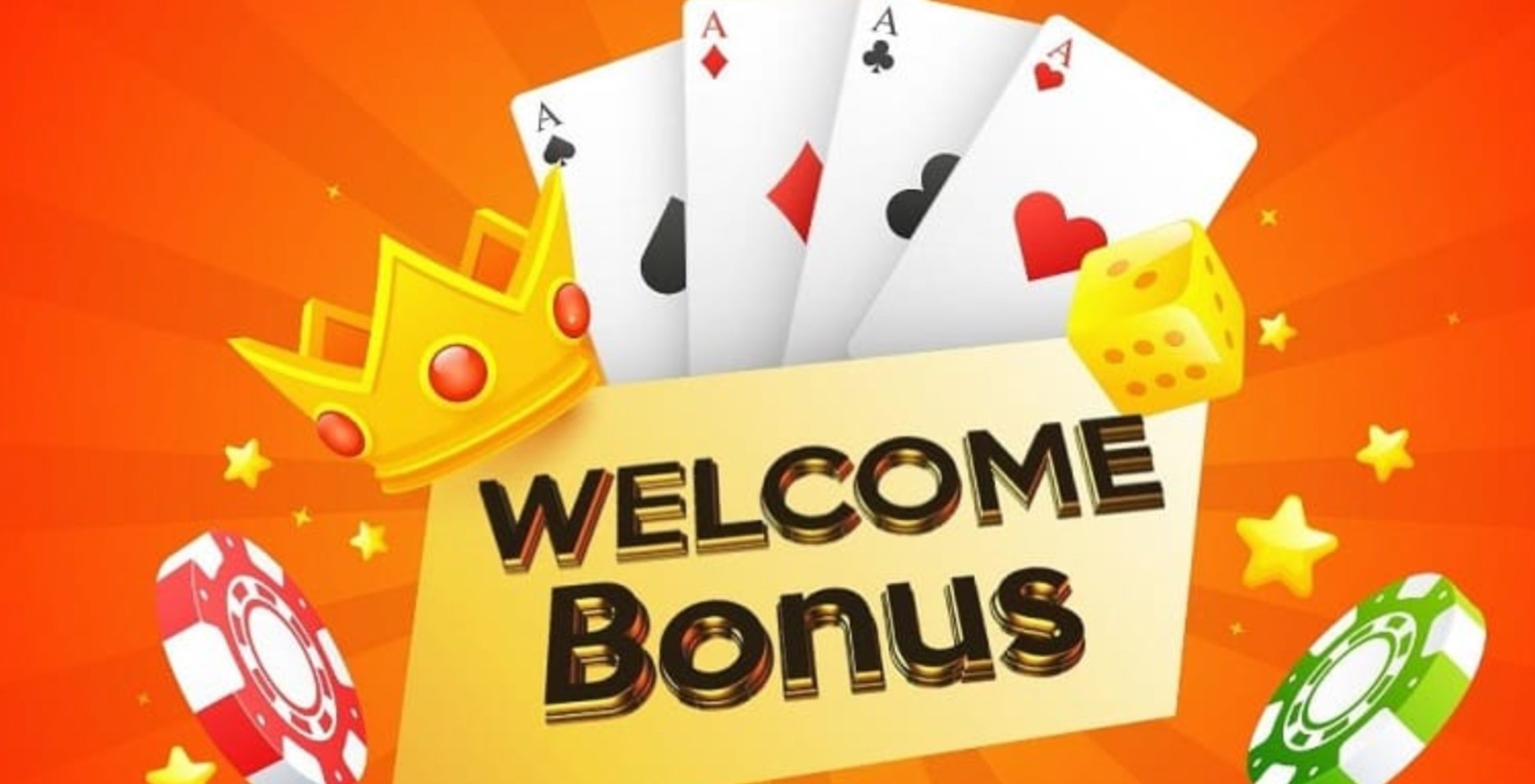Artificial intelligence confidently integrates into various spheres, including entertainment, forecasting, and data analysis. Gambling is no exception—machine learning algorithms are used by both platform operators and independent enthusiasts.
The question of whether neural networks can beat the casino sparks active debates. On one hand, AI demonstrates high efficiency in analytics; on the other hand, it faces an industry with billions invested in protection, randomization, and regulation.

The Use of AI in Gambling: Can Neural Networks Beat the Casino?
Artificial intelligence is actively used in interfaces, recommendation systems, security services, and risk management mechanisms in gambling. Platforms analyze player behavior, adapt content, and increase retention. At the same time, third-party developers explore whether neural networks can beat the casino by using algorithms to build betting strategies or predict slot behavior.
Machine learning technologies already allow modeling gaming patterns, identifying weaknesses in probability balances, and forming hypotheses that would be impossible to verify manually. However, direct access to the source code or random number generation mechanism remains closed—even for the most advanced AI systems.
Game Theory, Probability, and AI: How Machines Build Strategy
A crucial aspect is adaptability. An algorithm based on game theory can calculate thousands of possible scenarios, choosing the best one. The application of AI in gambling games, such as poker, has already shown results—in limited conditions, a neural network can outperform professional players.
However, unlike card games, slots do not involve strategy—the outcome of each spin session is based on a random number generator. The question of whether neural networks can beat the casino in slots hinges on the impossibility of analyzing patterns if the software is correctly implemented. Even with the analysis of “big data,” the results remain unpredictable.
How AI Helps Win: Opportunities and Limitations
In some cases, artificial intelligence can be useful—especially in games with live dealers. Behavioral analysis, tactic tracking, automatic pattern recognition—all enhance the player’s position.
Can AI be used in online casinos in practice? In most jurisdictions, direct application of such tools is equated with rule violations. Operators protect their platforms from bots, monitor suspicious activity, and can block accounts. There is an obvious barrier between technical capabilities and the legality of use.
Where AI Works: Disciplines and Their Vulnerabilities
Some game formats are more sensitive to analysis and mathematics, while others are securely protected. Below are the areas where AI demonstrates maximum potential:
- poker—analysis of betting patterns, bluff detection, probability calculation;
- sports betting—forecasting based on statistics, use of multi-vector models;
- live roulette—recording temporal patterns, assessing mathematical deviations.
Even in vulnerable disciplines, the focus is not on absolute superiority but on possible reduction of variance or increased decision-making efficiency.
Regulation and Prohibition of AI in Gambling
Many licensing authorities strongly react to attempts to interfere with the gaming process. In the rules of most online platforms, it is explicitly stated that any use of third-party software, including artificial intelligence, is prohibited. This is necessary to ensure fair play, equal conditions, and protection of the operator’s capital. The ban on AI applies to:
- automated bots and scripts;
- neural networks analyzing real-time session moves;
- tools providing an advantage in bets or pattern recognition.
Thus, even with high forecast accuracy, the question of whether neural networks can beat the casino faces a legal impossibility of legitimate application of such solutions.
Financial Risks and Player Psychology
The use of AI systems often comes with inflated expectations. Even with a positive algorithmic trend, no one can guarantee stable profits. Coding errors, changes in operator policies, unforeseen data processing delays—all create additional risks.
Moreover, the behavioral aspect comes to the forefront. A player hoping for automatic victory may lose control over their bankroll. The illusion of infallibility leads to overspending, especially with an aggressive strategy.
Support, Community, and Legal Balance
There are entire communities discussing how AI helps win in casinos. Ideas are shared, strategies are tested, simulations are conducted on forums and in closed groups. However, in most cases, the discussions are experimental—real cases are rare and quickly shut down by security services.
Many platforms adapt user agreements, including formulations that restrict the use of third-party software. Regulation also occurs at the jurisdiction level: authorities strive to create a balance between innovation and security. The answer to whether neural networks can beat the casino largely depends on how quickly law and technology find a compromise.

Conclusion
At the current stage, neural networks cannot guarantee a definite advantage in online gambling. Despite their powerful analytical potential, the question of whether neural networks can beat the casino remains more theoretical.
Regulation, technical limitations, and the principle of randomness in most games restrict the application of AI in practical fields. Nevertheless, algorithm development continues, and their impact on the industry will only grow!
 en
en  de
de  ar
ar  es
es  hi
hi  fr
fr  nl
nl  it
it  pt
pt  el
el 









